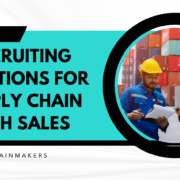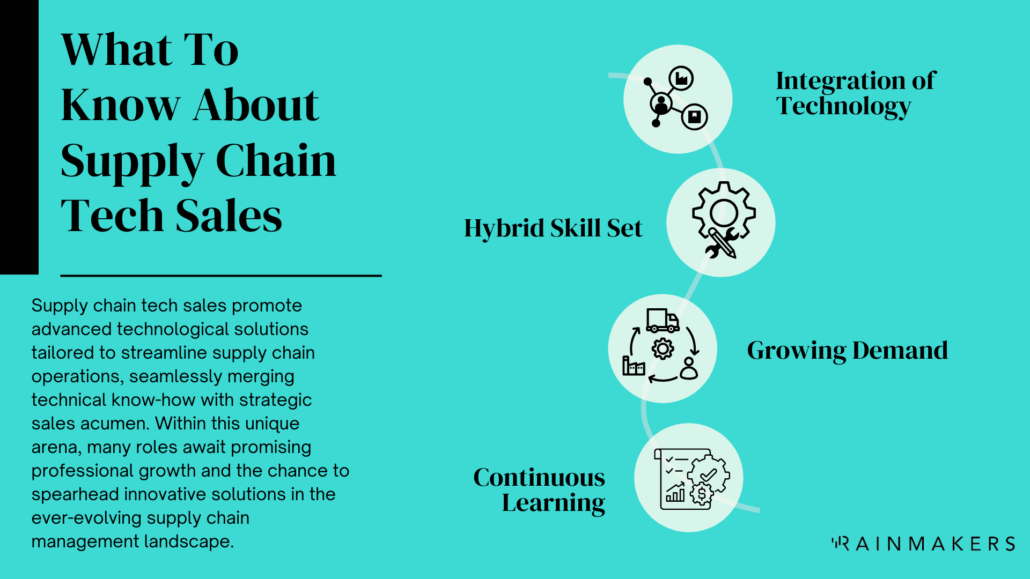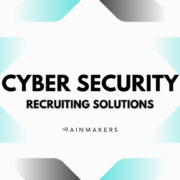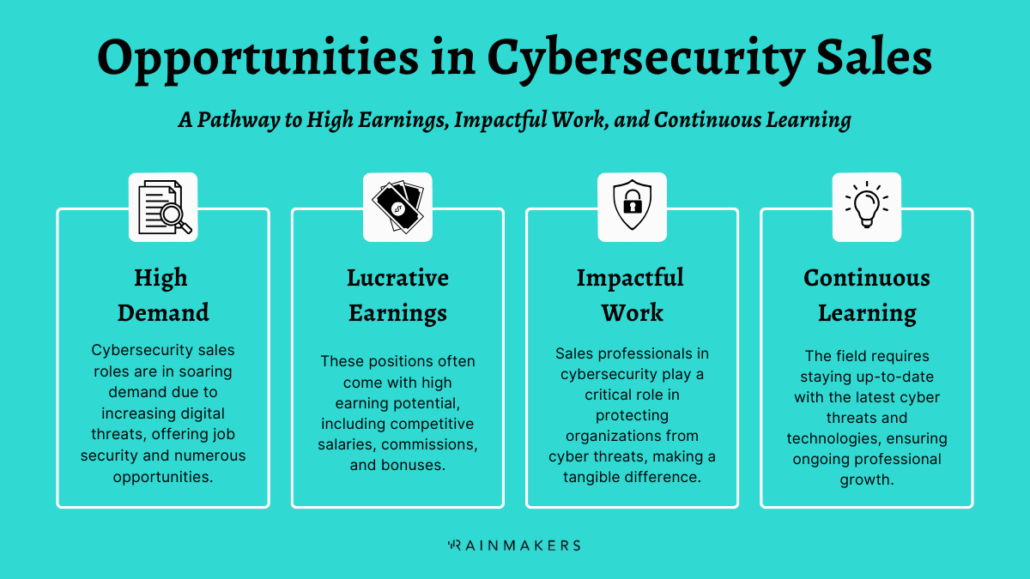How to Hire — and Become — the founding account executive, Not Just a Sales Rep
TL;DR:
The Founding Account Executive isn’t just your first sales hire. They are the architect of your entire revenue motion. In 2026, hiring the wrong person into this role—or taking the role for the wrong reasons—is one of the most expensive mistakes a startup can make. Whether you’re hiring or considering the job, here’s how to know if the timing is right, what excellence actually looks like, and how to evaluate fit on both sides.
What the Founding Account Executive Really Is (and What It Isn’t)
In today’s capital-efficient market, the Founding Account Executive has evolved far beyond “quota carrier.”
For founders, this role is a force multiplier.
For candidates, it’s closer to a startup operator role than a traditional AE job.
A true Founding AE is a full-stack GTM builder. They don’t just close deals—they help define:
- The ideal customer profile
- Early messaging and positioning
- Pricing and packaging feedback
- What the first repeatable sales motion even looks like
Unlike AEs at later-stage companies, there is no inbound engine, no polished playbook, and no RevOps safety net. Ambiguity is the job.
If that excites you, you might be a builder.
If that sounds terrifying, you’re probably a scaler—and that’s okay.
When Is the Right Time to Hire (or Take) This Role?
This is where most mistakes happen.
Founders: You’re Ready When…
Hiring a Founding AE too early is just as dangerous as hiring the wrong one.
You should have:
- 12–25 paying customers outside your personal network
- A rough sense of your sales cycle and why deals close or stall
- Clear signs of founder overload (missed follow-ups, delayed demos)
- A basic CRM in place (even if it’s messy)
Without this foundation, you’re asking someone to invent revenue without data—which usually ends in frustration on both sides.
Candidates: Be Honest With Yourself
Ask yourself:
- Am I comfortable selling a product that’s still changing?
- Can I build pipeline without inbound leads?
- Do I enjoy figuring things out without approval or structure?
If you’re looking for enablement, brand credibility, or a clean quota ramp, this role will burn you out fast.
The Two Founding Account Executive Archetypes That Matter Most
There are two dominant sales profiles:
- Builders thrive in chaos. They create structure where none exists.
- Scalers thrive in clarity. They optimize what already works.
The most common failure pattern?
Hiring a scaler into a builder role—or a candidate accepting a builder role because the title sounds senior.
Great Founding AEs typically show:
- Heavy outbound experience (90%+ self-sourced pipeline)
- Curiosity and grit over perfectly rehearsed answers
- Comfort influencing product, ICP, and messaging
- Willingness to set up tools instead of waiting for them
This isn’t about polish. It’s about range.
How to Interview for This Role (on Both Sides)
Traditional interviews don’t surface what matters here.
High-Signal Evaluations
Founders should test how candidates think and build.
Candidates should evaluate how founders partner.
Effective exercises include:
- The 48-Hour Pitch: raw notes → clear story
- Self-Taught Demo: can they learn and explain fast?
- Support Queue Test: are they willing to do unglamorous work?
Questions That Actually Matter
Ask—and answer—questions like:
- “What’s the scrappiest thing you’ve done to close a deal?”
- “If you started tomorrow, what’s your first move?”
- “How do you sell things that aren’t fully built yet?”
These reveal ownership, judgment, and entrepreneurial DNA.
Compensation Reality for the Founding Account Executive in 2026
This role carries risk—and the market now prices that in.
Based on recent benchmarks:
| Role | Base | OTE | Equity |
|---|---|---|---|
| Founding AE | $90K–$120K | $180K–$240K | 0.25%–0.5% |
| Senior Founding AE | $120K–$160K | $200K–$270K | 0.5%–0.75% |
Sales talent with technical fluency (AI, DevOps, modern GTM tooling) often earns well above market, especially in hubs like Chicago.
For candidates: compensation should reflect risk and impact.
For founders: underpaying this role is a false economy.
The Career Upside — and the Trap
For candidates, the upside is real. Many Founding AEs grow into Directors or VPs of Sales.
The danger comes at the transition point—from doing to leading.
To avoid being “leveled” later, candidates should negotiate:
- Clear promotion criteria
- Milestone-based equity vesting
- Defined founder involvement as the team grows
Founders should be transparent here early. Misalignment later is expensive.
Final Takeaway
Founders: Don’t hire a résumé. Hire someone who’s built without a net.
Candidates: Don’t take the role for the title. Take it if you want to build.
The best startups treat sales like a product: experimental, iterative, and deeply tied to customer learning.
Those are the companies—and careers—that win in 2026.
Looking to Hire or Become a Founding Account Executive?
Rainmakers connects early-stage startups with sales talent who know how to build from zero.


















